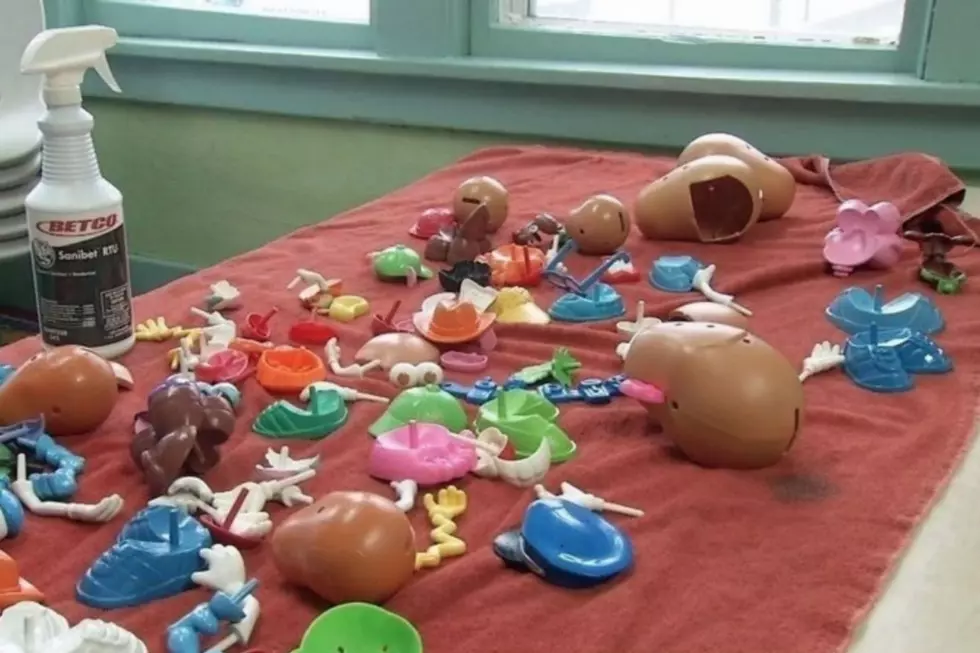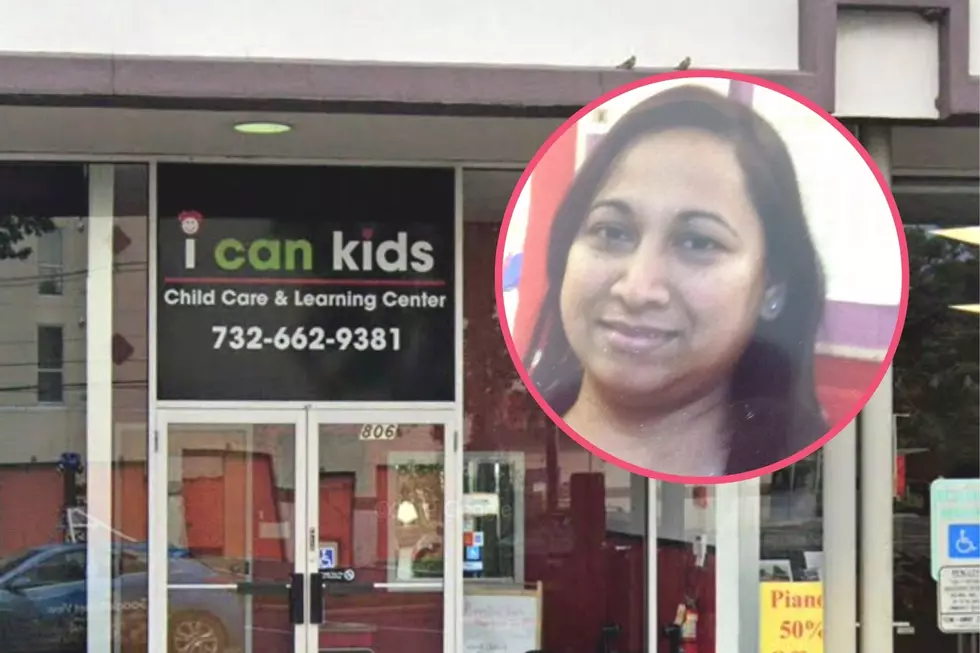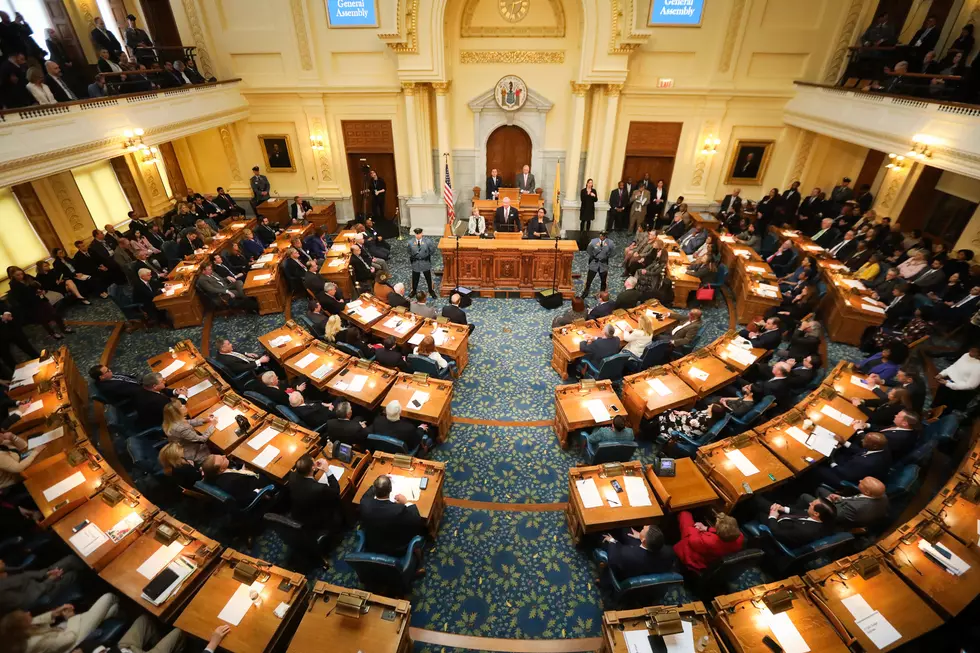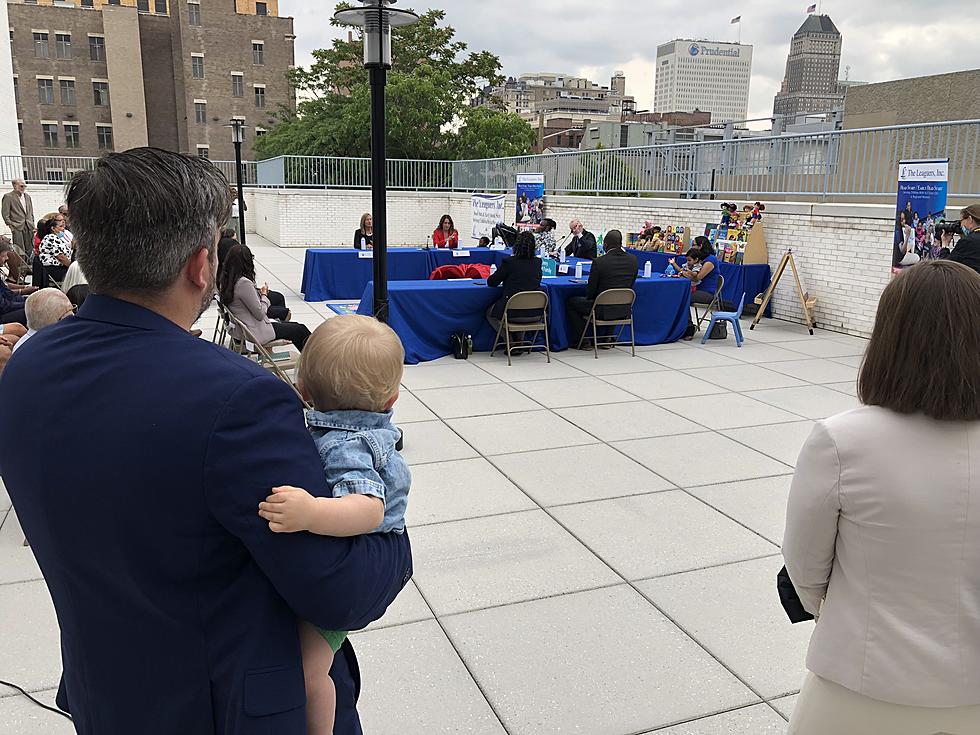
Over 1,300 childcare centers in NJ remain closed, some forever
TRENTON – Nearly 400 childcare centers in New Jersey have closed permanently, and more than 900 others are temporarily closed but plan to reopen, as capacity restrictions and safety concerns continue to hobble the industry and broader economy.

Children and Families Commissioner Christine Norbut Beyer said 3,195 childcare centers are operating currently in the state, down 23% from March 2020, before the COVID-19 pandemic. She said the centers are now operating at 46% of licensed capacity.
Beyer said she understands the economic and family needs for childcare services but will balance that with safety and her goal of preventing outbreaks in which children or staff are infected. She said there was a “significant spike” in cases in childcare centers the past two months.
“We’ve seen an uptick, and February was the highest month of COVID positives coming out of childcare centers since the start of the pandemic. And March also was very high,” Beyer told the Assembly Budget Committee. “The numbers are continuing to go up.”
Assemblywoman Nancy Munoz, R-Union, said childcare providers are concerned about staying open unless there’s an increase in capacity limits, which she said aren’t scientifically supported. She said there are families on wait lists eager to enroll their kids in childcare.
“Families need this care because they need to get back to work. And it’s usually the women, as you know, who have been moved out of the workforce,” Munoz said.
“In some cases, people are working from home while juggling their children, which is really daunting, or in some cases they have had to stop working,” she said. “The entire economy is affected by this.”
Assemblywoman Serena DiMaso, R-Monmouth, said the lack of childcare options has disproportionately affected women.
“It almost is like we’re turning back the hands of time,” DiMaso said. “We’ve worked so hard to get where we are and be equals in the workforce. And now because we’re naturally considered the caregiver, we’re going backwards.”
Beyer said childcare centers are operating at higher capacity than K-12 schools and that there would be fewer seats available if her department followed the school guideline for 3 feet of distance.
“We are pushing the limits,” Beyer said. “I know it doesn’t feel that way necessarily to some of the providers who are struggling. But we are wanting to ensure that children are safe and that the staff are safe.”
Beyer said the state is “just not at a place yet” where capacity limits can be increased, given case and positivity rates.
“We just want to make sure that they don’t become super-spreader situations or that we don’t have significant illness coming out of those facilities,” Beyer said. “We want to continue to be cautious. I don’t want to be sitting in front of this committee or another committee six months from now having to answer for why we had significant spikes of illness in childcare centers.”

Munoz said CDC guidelines show “children aren’t super-spreaders of the disease” and that it’s time to revisit capacity restrictions.
“That means that’s 116,000 fewer children that can be cared for, and their parents can’t get back to work,” she said. “That’s a really horrible situation for these workers and for the owners of the childcare centers as well.”
NEXT: 10 Jersey Shore School Districts Losing Millions From S2 School Funding Formula
More From Beach Radio










